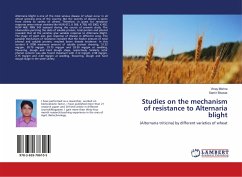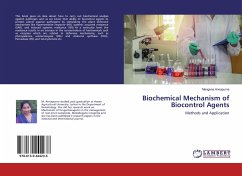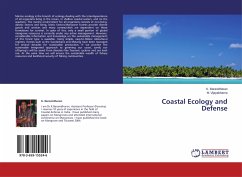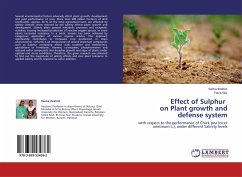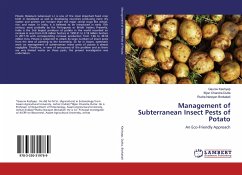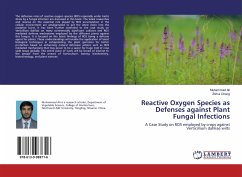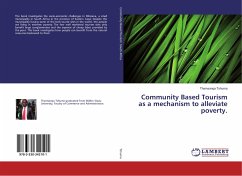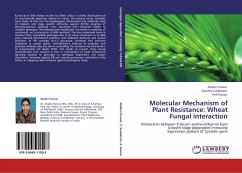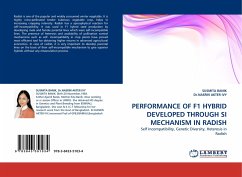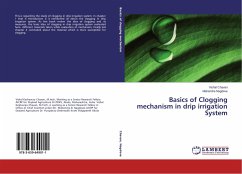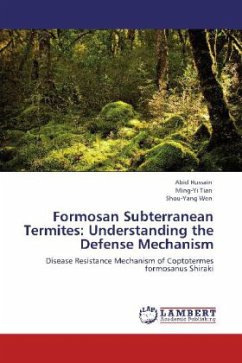
Formosan Subterranean Termites: Understanding the Defense Mechanism
Disease Resistance Mechanism of Coptotermes formosanus Shiraki
Versandkostenfrei!
Versandfertig in 6-10 Tagen
39,99 €
inkl. MwSt.

PAYBACK Punkte
20 °P sammeln!
The last two decades brought phenomenal advances in our understanding of biological control of Formosan subterranean termite (FST), Coptotermes formosanus Shiraki through entomopathogenic fungi (EPF). This monograph covers various aspects of EPF (virulence and mode of action) and FST including biology, habitat, distribution, damage and management options. The limited success in the field trials to establish the permanent, self-sustaining populations of EPF necessary to reduce FST densities below economically damaging levels motivated the researchers to work on the hurdles in the way of success...
The last two decades brought phenomenal advances in our understanding of biological control of Formosan subterranean termite (FST), Coptotermes formosanus Shiraki through entomopathogenic fungi (EPF). This monograph covers various aspects of EPF (virulence and mode of action) and FST including biology, habitat, distribution, damage and management options. The limited success in the field trials to establish the permanent, self-sustaining populations of EPF necessary to reduce FST densities below economically damaging levels motivated the researchers to work on the hurdles in the way of success. The main focus of the monograph is to explore the host-pathogen relationship in order to deepen our insights into the behavioral, biochemical and physiological adaptations displayed by FST to cope with EPF. Our results enable us to suggest that along with behavioral and biochemical adaptations, immune mechanism of FST play an important role to combat fungal attack. Furthermore, this monograph for the first time shed light on the immune mechanism of FST which is mainly controlled by a variety of genes involved in pathogen recognition, signal modulation, transduction and AMPs production.



